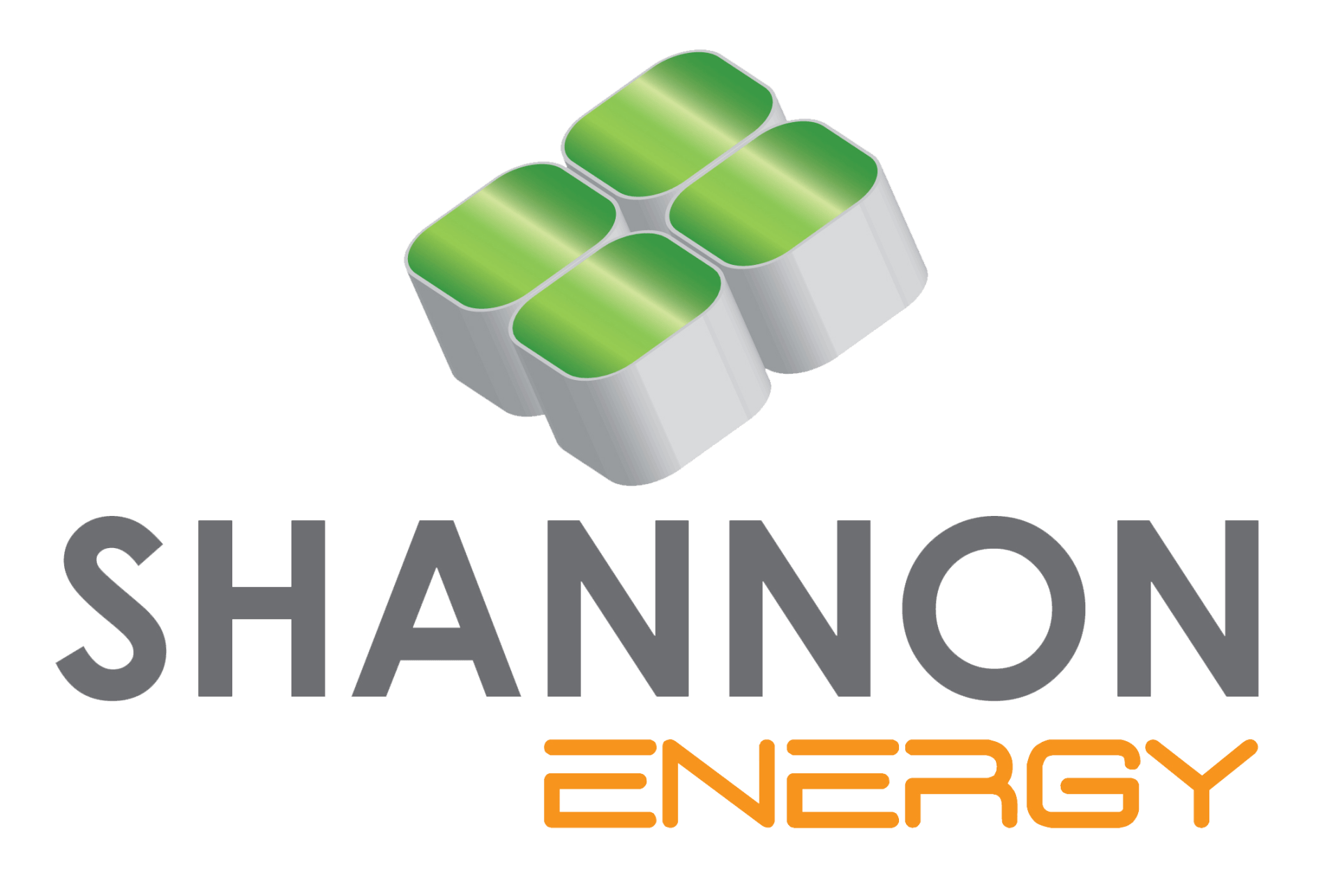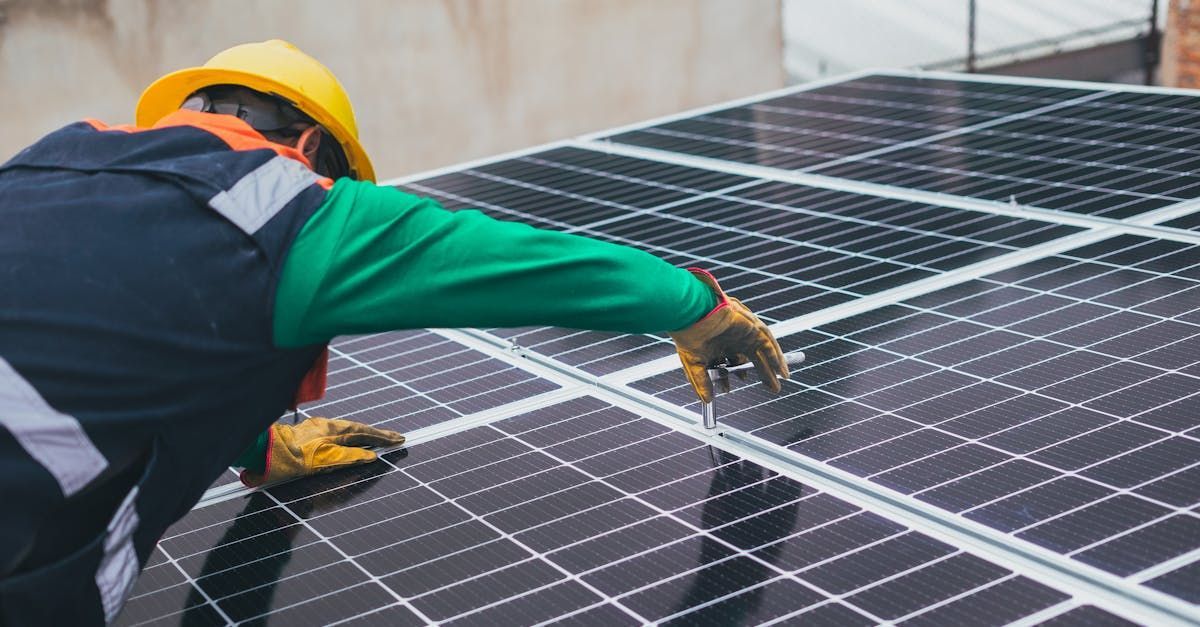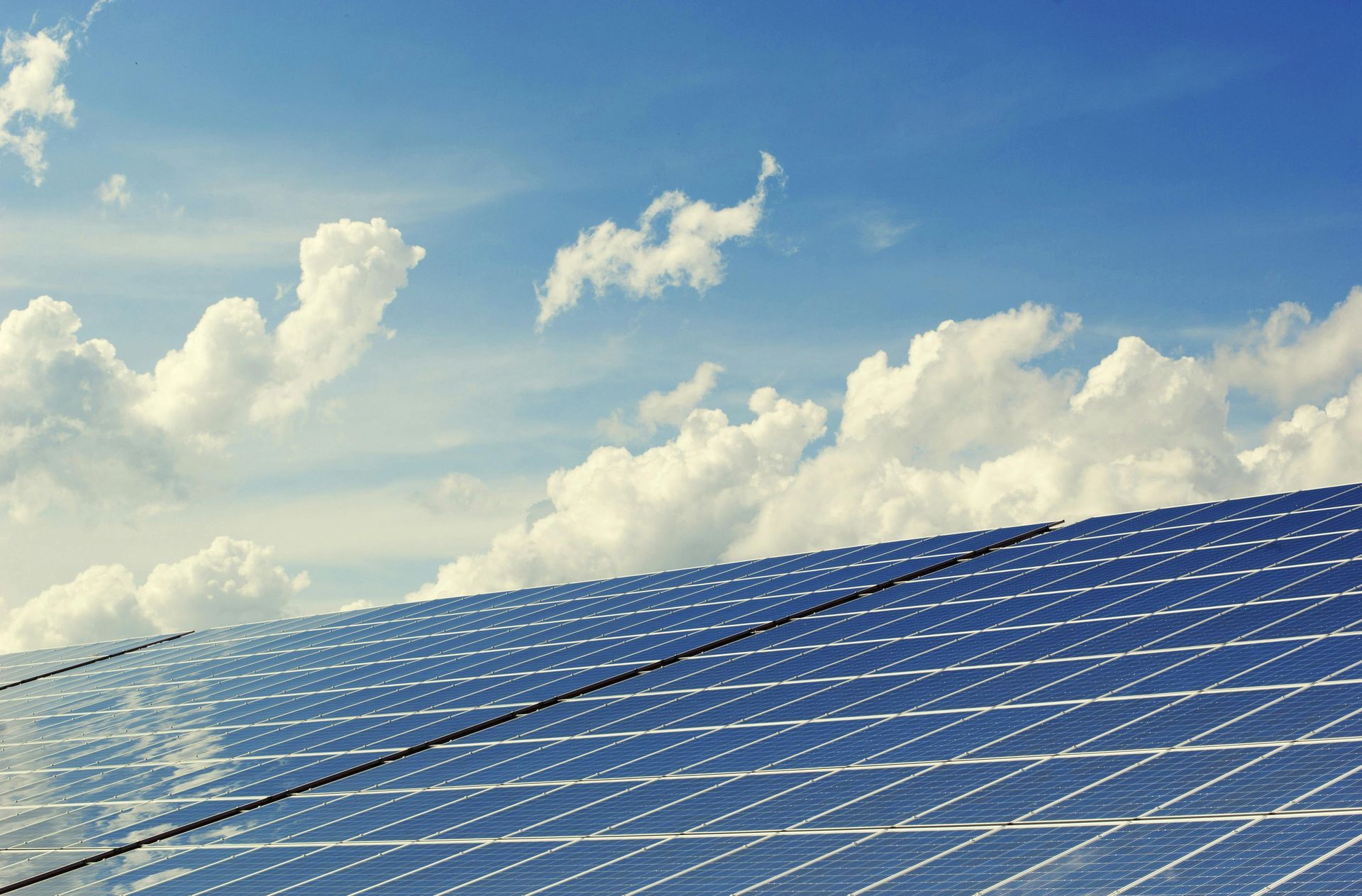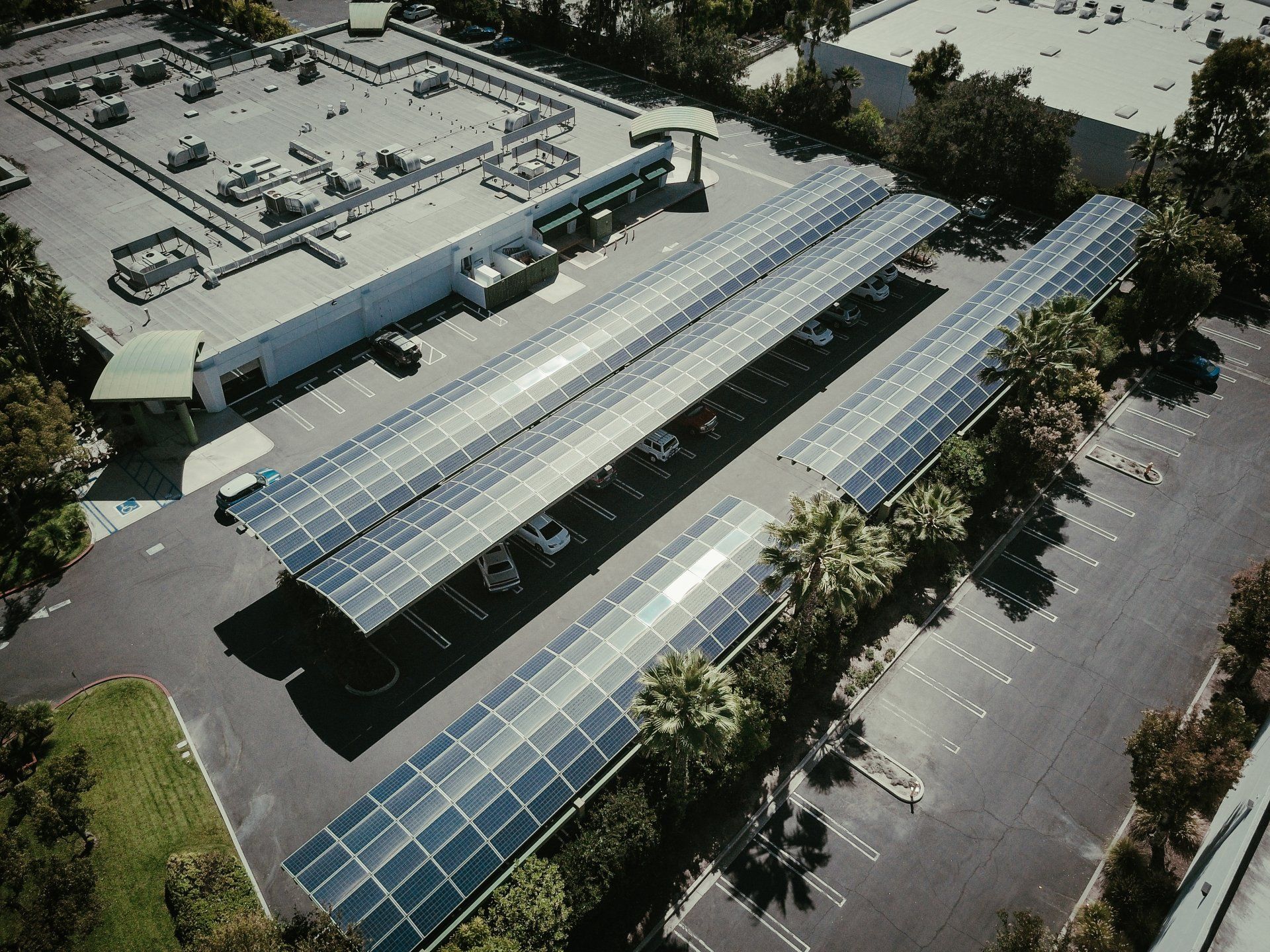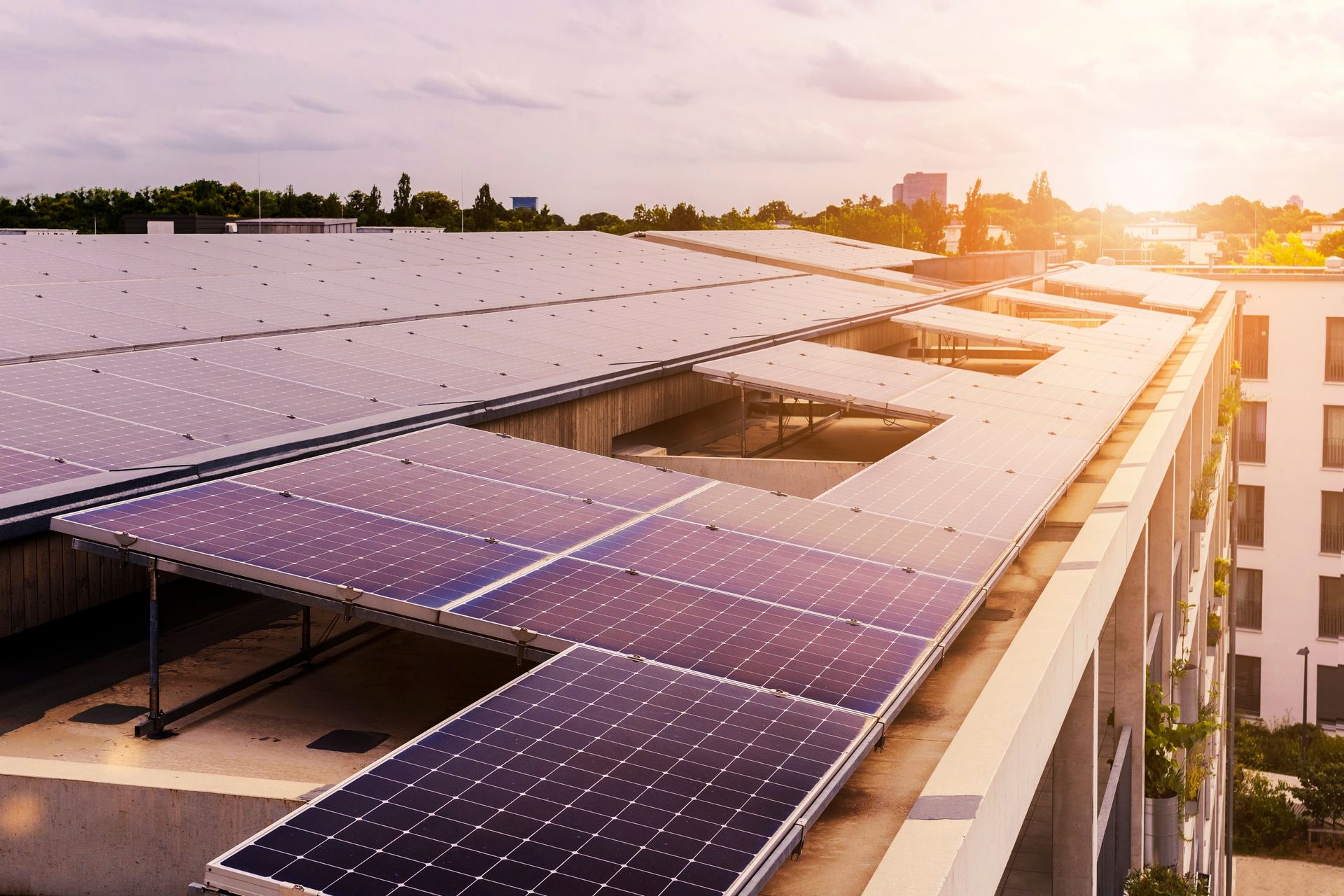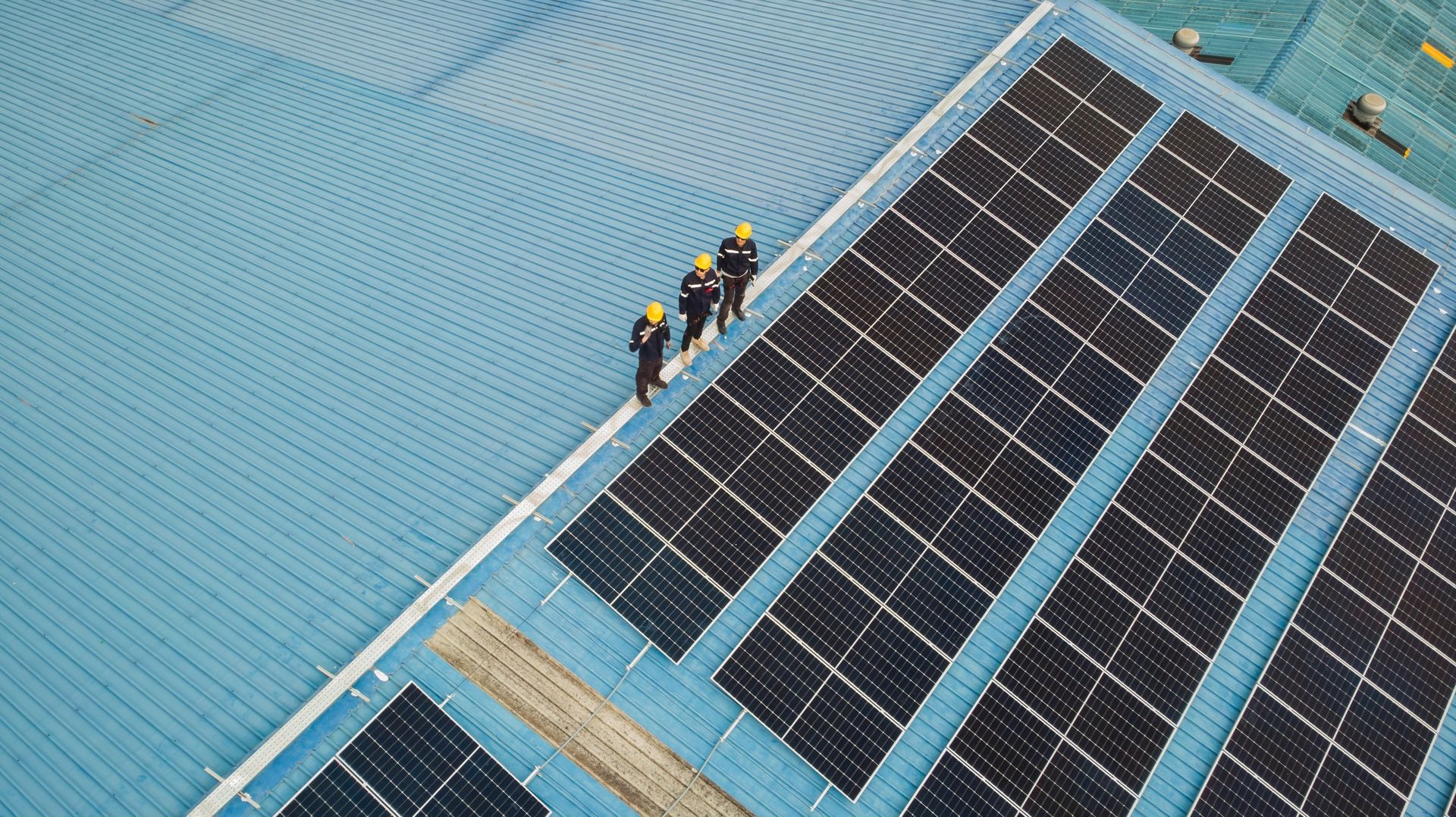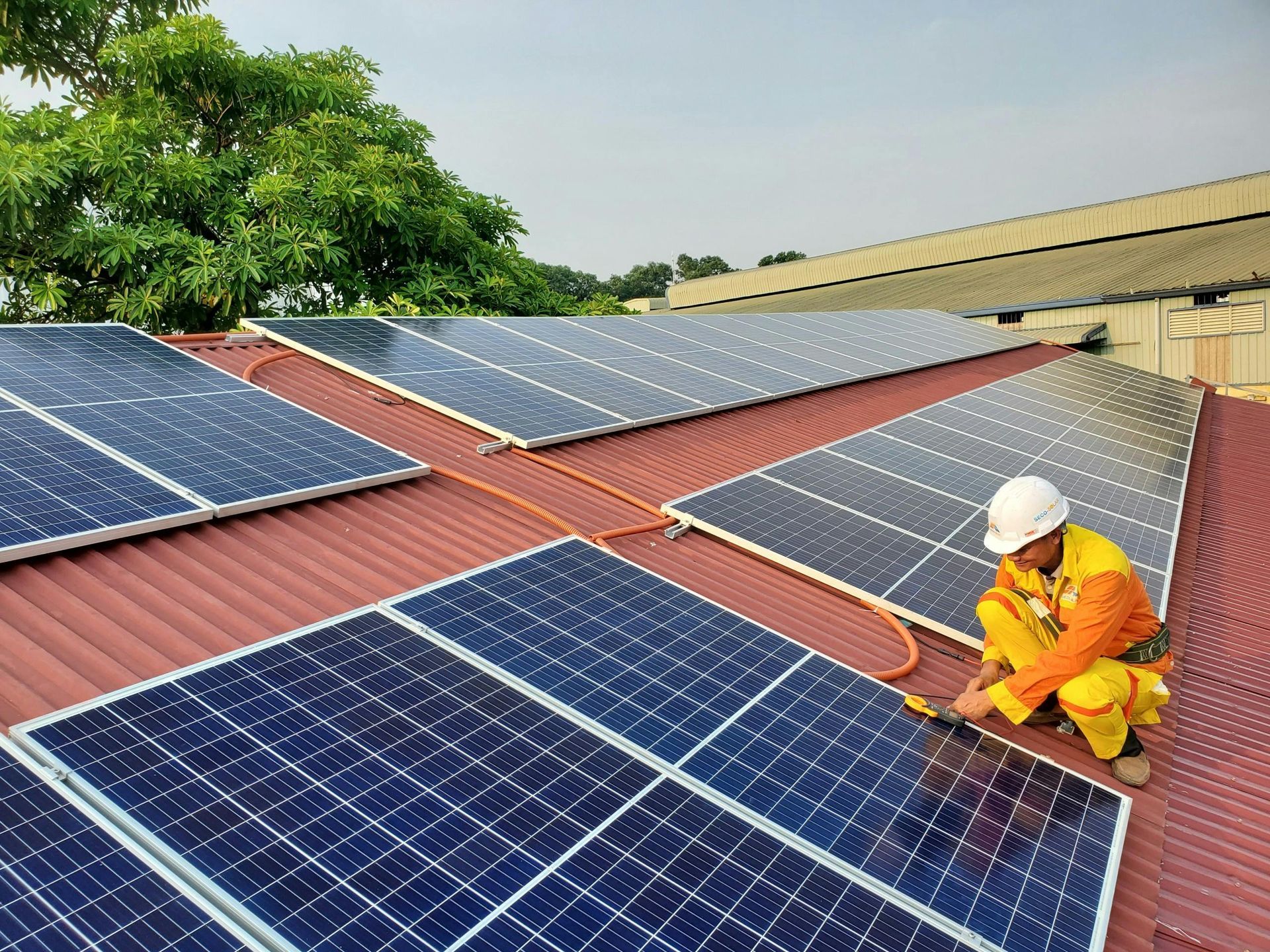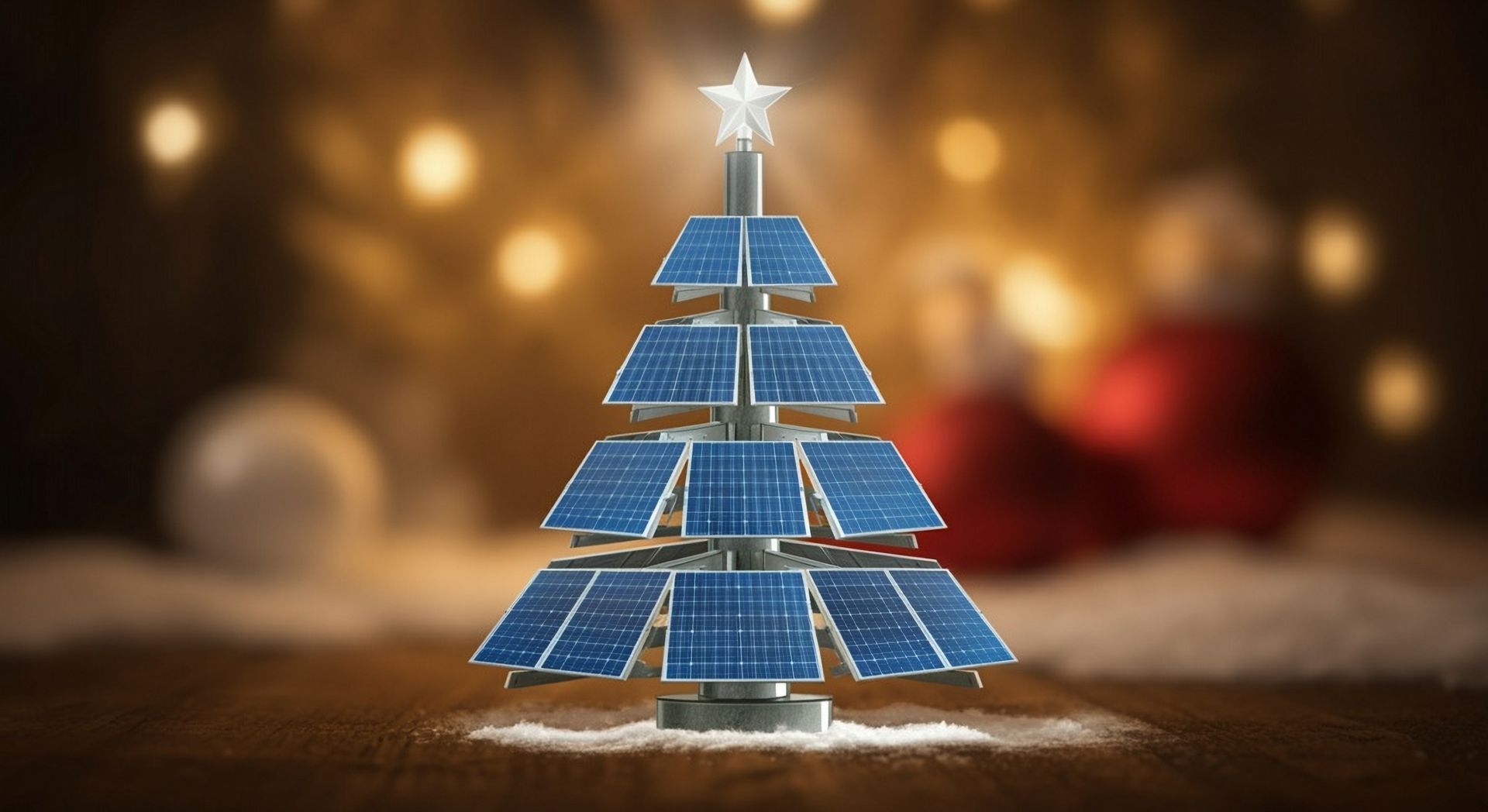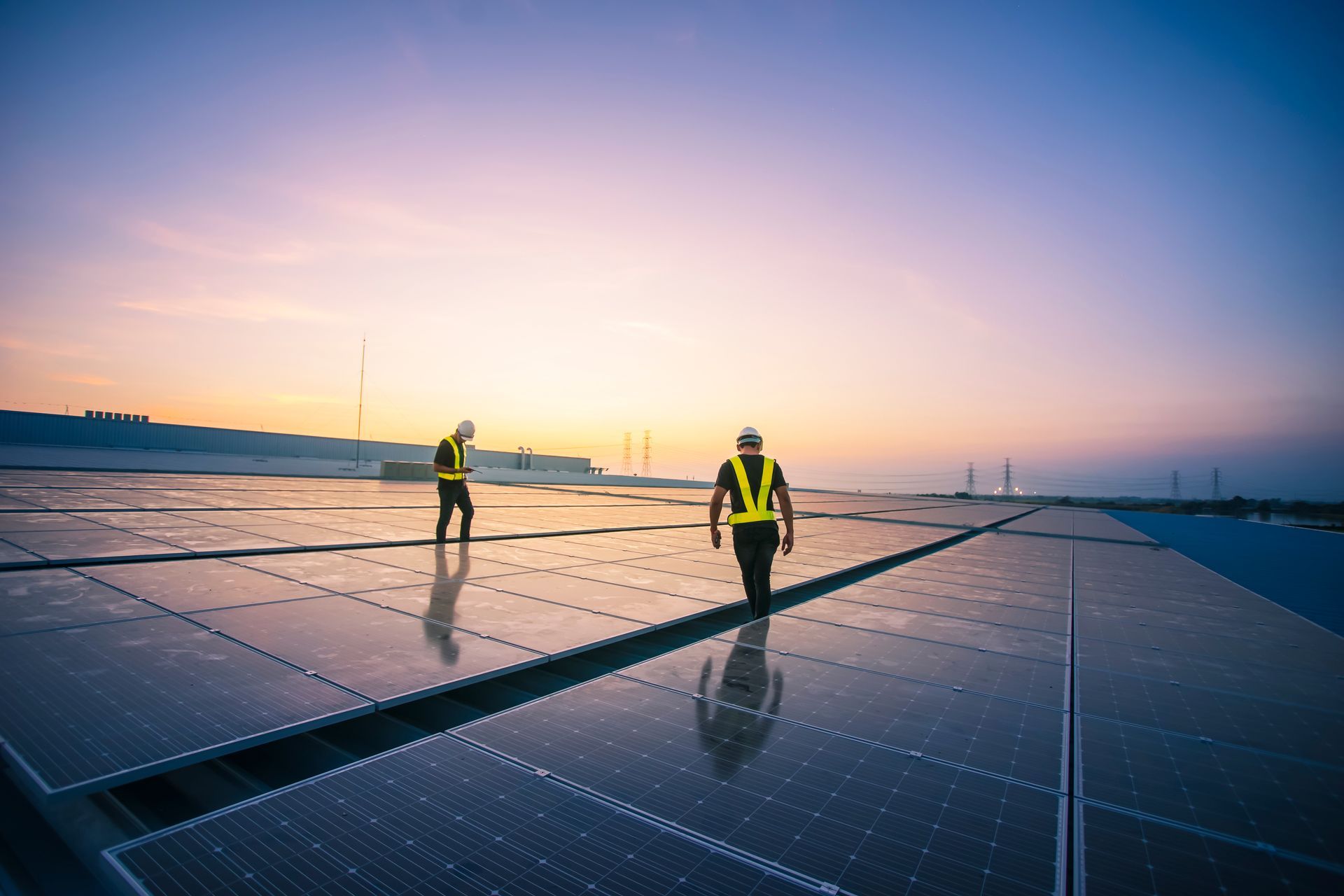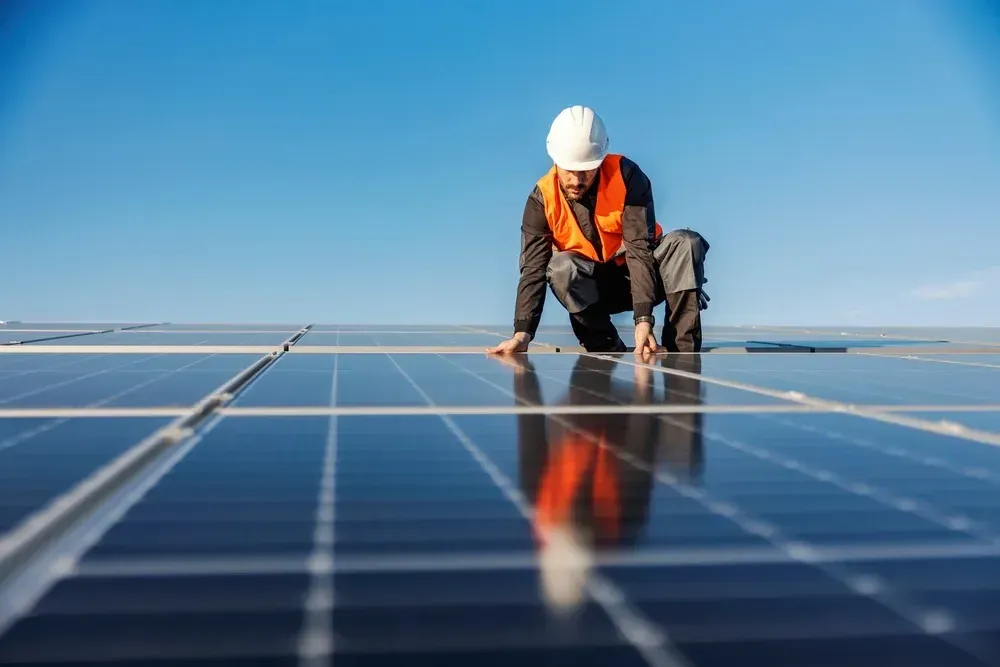Irish Projects with Shannon Energy included in new Solar Fund
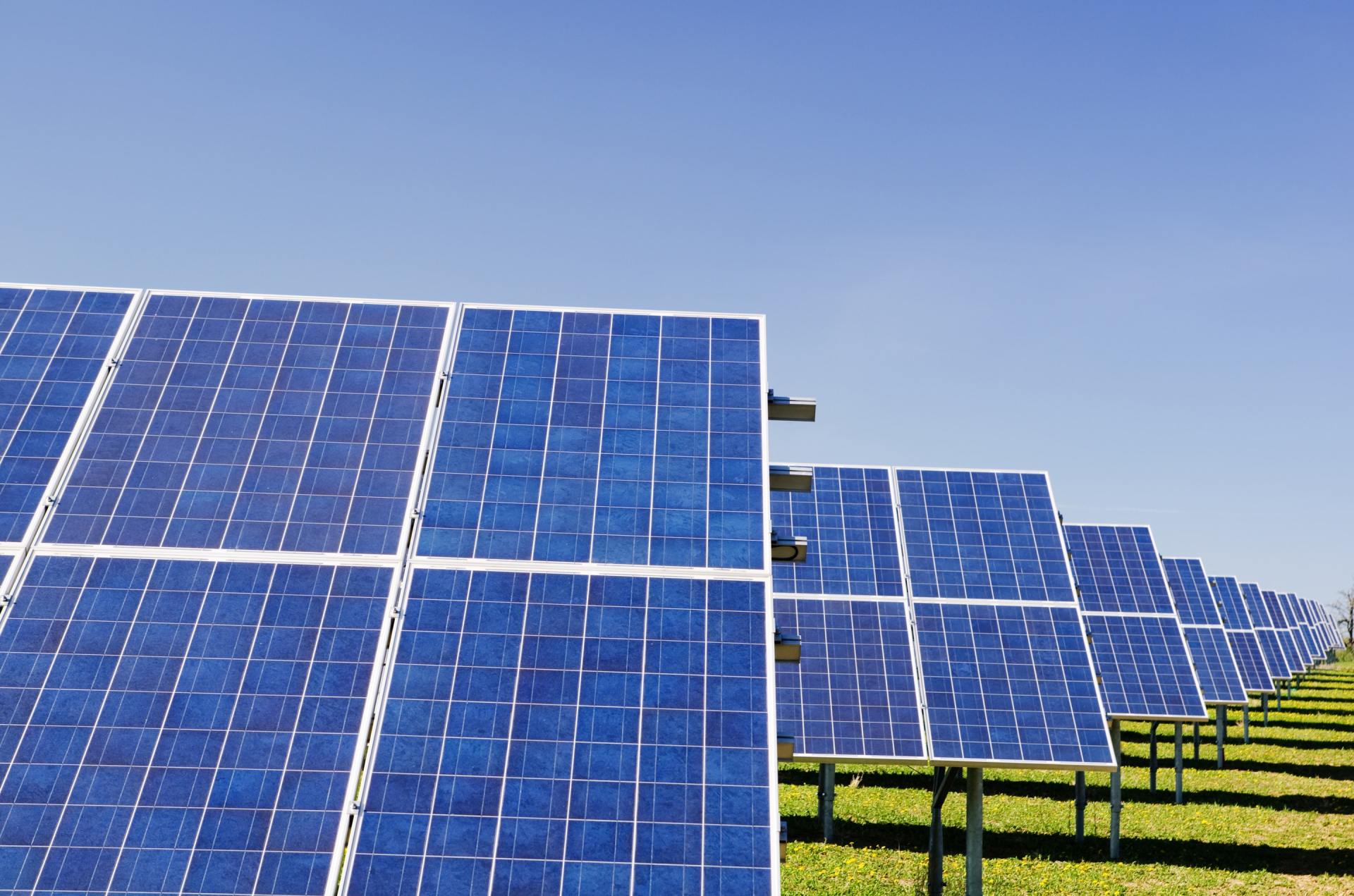
''Our newest solar fund will accommodate investments in solar parks for DKK 12 billion, and allow investors to put their money in a 100 per cent green product that benefits both them and the community. Many European countries are lagging behind the EU's climate targets, and solar energy is an obvious choice for greener energy production. This is where private investment fits in perfectly and helps lift the world in a more sustainable direction'', says Obton Investment Director Oliver Peters.
“Impact” is an energy company that owns solar parks in a number of countries, such as Germany, Ireland, France and the Netherlands, and produces electricity from the solar parks to consumers. A smaller part of the portfolio will consist of solar parks in North America and Asia, where solar energy is currently rising massively. The project is aimed at professional and semi-professional investors and has an expected equity of DKK 3 billion. kr.
Obton has been in the solar energy market for over ten years and was thus one of the first players in the industry. Ten years ago, when we had to spend time convincing both countries and investors about the benefits of solar energy, today we see a completely different interest in the field. The massive international awareness of climate change and how to convert to sustainable power generation, coupled with rising module prices, has meant that solar energy is growing massively in large parts of the world, and we have high expectations for the years to come, says Oliver Peters.
Obton is already experiencing great interest in the new solar fund, replacing Obton's former fund "Stabil", which raised more than DKK 2 billion. and already have solar parks for DKK 8 billion. DKK in eight countries.
More and more investors have found that you do not have to compromise on returns, even if you want to invest green. Today, there is simply money in sustainability, which is not just about solar energy. We see a global megatrend with a market potential that, over and over again, exceeds all expectations, says Oliver Peters.
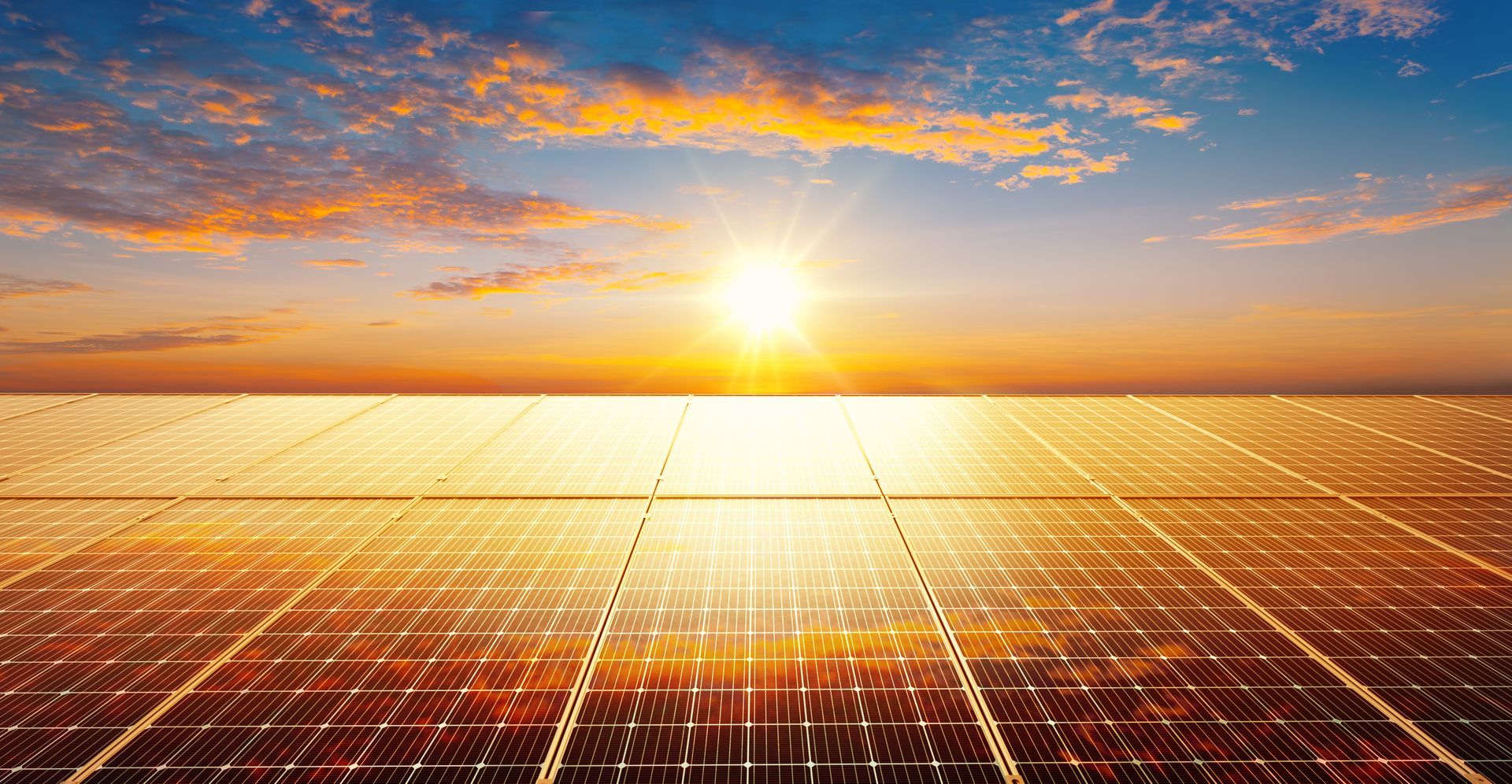
By Michelle McKenna
•
December 2, 2024
Learn how an energy audit could generate big savings for your business An energy audit is a systematic process that assesses an organisation's energy use and identifies opportunities to improve energy efficiency, reduce costs, and minimise environmental impact. It provides a detailed analysis of energy consumption across operations, facilities, and equipment, offering actionable recommendations for improvement. An energy audit will generate a full report for your organisation, covering everything from the smaller jobs like installing LED lights across your organisation (if you haven’t already done so!) to the bigger jobs of installing solar panels or improving insulation.
© 2025
All Rights Reserved | Shannon Energy
